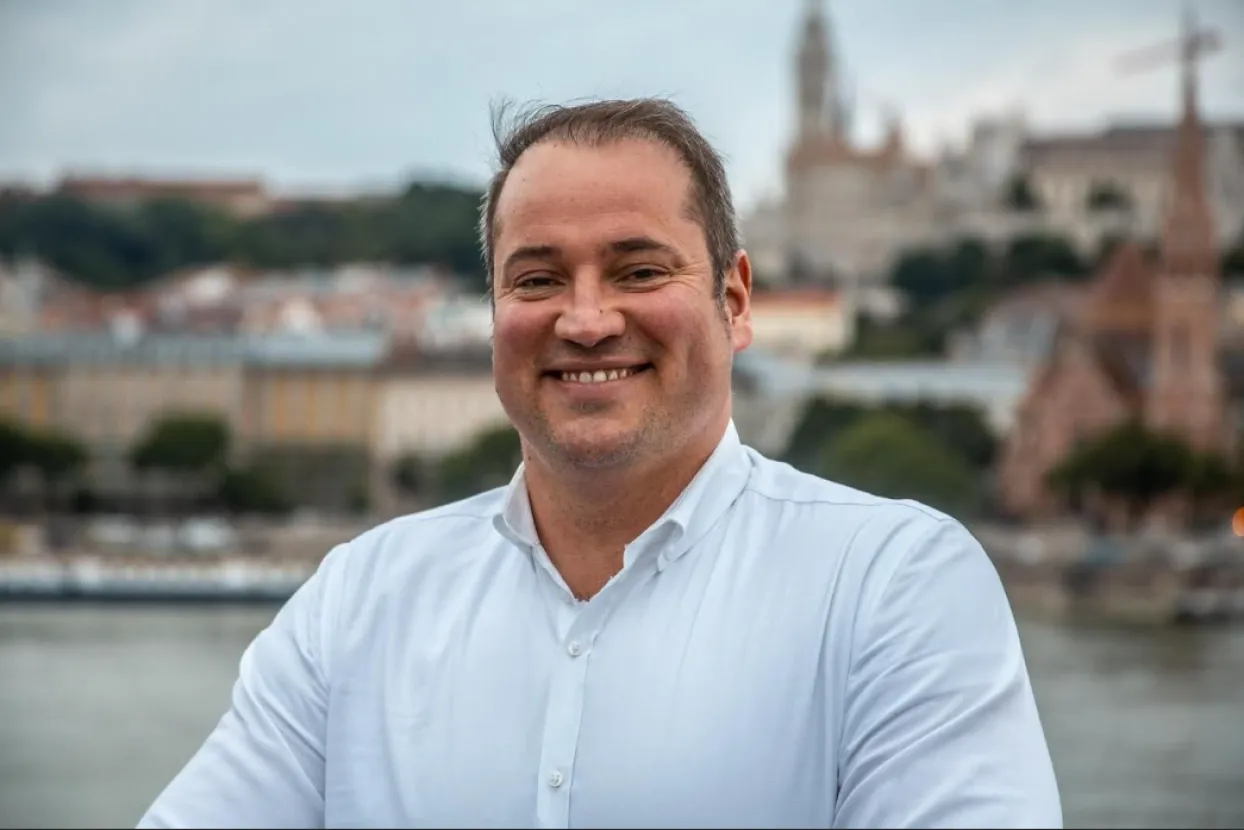 The growing support for Alternative for Germany (AfD) is not a fleeting trend or merely an emotional reaction from voters. It represents a response from ordinary people who feel neglected by political elites. In a country long seen as a symbol of stability and reason, there’s now a prevailing sense of economic, social, and identity insecurity.
The growing support for Alternative for Germany (AfD) is not a fleeting trend or merely an emotional reaction from voters. It represents a response from ordinary people who feel neglected by political elites. In a country long seen as a symbol of stability and reason, there’s now a prevailing sense of economic, social, and identity insecurity.
AfD doesn’t fabricate issues—it addresses them openly. While established parties engage in ideological debates—discussing topics like gender identities and competing for moral superiority—citizens face real-life challenges: rising energy costs, a housing crisis, a strained healthcare system, and a deteriorating education sector.
Moreover, immigration policy seems improvised, lacking clear direction, leading to a diminished sense of societal control.
In this void, AfD offers realism, not illusions. This approach makes it a political force to be reckoned with.
While other political actors present abstract visions of multicultural harmony and climate utopias, AfD speaks to everyday experiences: empty wallets, unsafe streets, schools that indoctrinate rather than educate, and a healthcare system on the brink. AfD doesn’t aim to please everyone—it stands firmly with those who feel voiceless.
Instead of empty phrases, it poses concrete questions, shares uncomfortable truths, and demonstrates political courage. In an era of false correctness, this is rare. Hence, AfD emerges as a genuine alternative.
Some label support for AfD as protest. I disagree. It’s a conscious choice by people tired of being ignored. They choose a party that doesn’t cater to NGOs or international lobbies but serves its own people.The Guardian+3Home ━ The European Conservative+3Reuters+3JSTOR+2The Guardian+2Home ━ The European Conservative+2
In the last federal elections, 720,000 voters transitioned from SPD to AfD—deliberately. AfD also mobilized nearly 2 million new voters from previous non-voters—more than any other political force.
More concerning is Germany’s increasing involvement in global conflicts under leaders like Friedrich Merz. His statement about sending Taurus cruise missiles to Ukraine crosses a significant line. These missiles can reach Moscow, potentially making Germany a direct participant in war.
Let’s not forget Merz’s tenure as chairman of BlackRock’s German branch, highlighting his political priorities.
As calls for de-escalation grow in the U.S., Merz positions himself as a leader of the “coalition of the willing,” ready to sacrifice security, stability, and social peace for international prestige. AfD firmly opposes this. Germany should act as a mediator for peace, not an instigator. We advocate ending arms deliveries to warring parties and initiating serious diplomatic efforts.
As someone born in Germany to a Balkan family, I challenge the deep-rooted prejudice that supporting AfD equates to racism. It doesn’t. I’m part of this movement—not despite my heritage, but because of it.
My parents arrived in Germany as guest workers, respected the law, worked honestly, and believed their efforts would lead to a dignified life. I was born here, educated here, and now serve as a political advisor. I understand the challenges of integration and how that effort loses meaning when rules are ignored.
Those of us who have integrated don’t want to be equated with individuals who arrive without respect for the host country. It’s frustrating when asylum is misused, rules are broken without consequences, and responsibility is replaced by ideological blindness.
AfD isn’t against foreigners—it’s against lawlessness, system abuse, and reality denial. This distinction is often overlooked by media and political establishments because the truth doesn’t serve their narrative.
AfD doesn’t deny anyone the right to a better life. However, it expects this right to be pursued legally, respecting societal norms, not through automatic privileges. Critiquing immigration policy isn’t hate speech—it’s defending the core values of a healthy society.ResearchGate
AfD protects those who arrived honestly, learned the language, paid taxes, and contribute to society. It stands for people like my parents and thousands of other guest worker families seeking opportunity, not handouts. Their dignity is insulted when equated with those who view this society solely as a resource.
Therefore, we assert: AfD advocates for order, responsibility, and equality before the law. Only through this can we preserve justice, stability, and social cohesion.
It’s time to stop fearing labels.
For too long, anyone questioning dominant narratives is automatically branded an extremist, populist, radical—or worse, an enemy of democracy. But that’s not true. Defending order, law, stability, and national interests isn’t radical—it’s normal. It’s the foundation of any functional state.
Advocating for order and security isn’t extremism—it’s responsibility. Responsibility towards family, neighbors, and future generations. Responsibility not to remain silent as the system collapses under its own hypocrisy and fear of political correctness.
This isn’t an expression of hate—it’s an expression of love for the country we call home.
And so I state clearly: this is patriotism. Not the declarative, cheap, and trendy kind—but genuine, rooted in actions, truth, and the courage to speak what others avoid.
By Filip Gašpar, Political Advisor to Alternative for Germany (AfD)